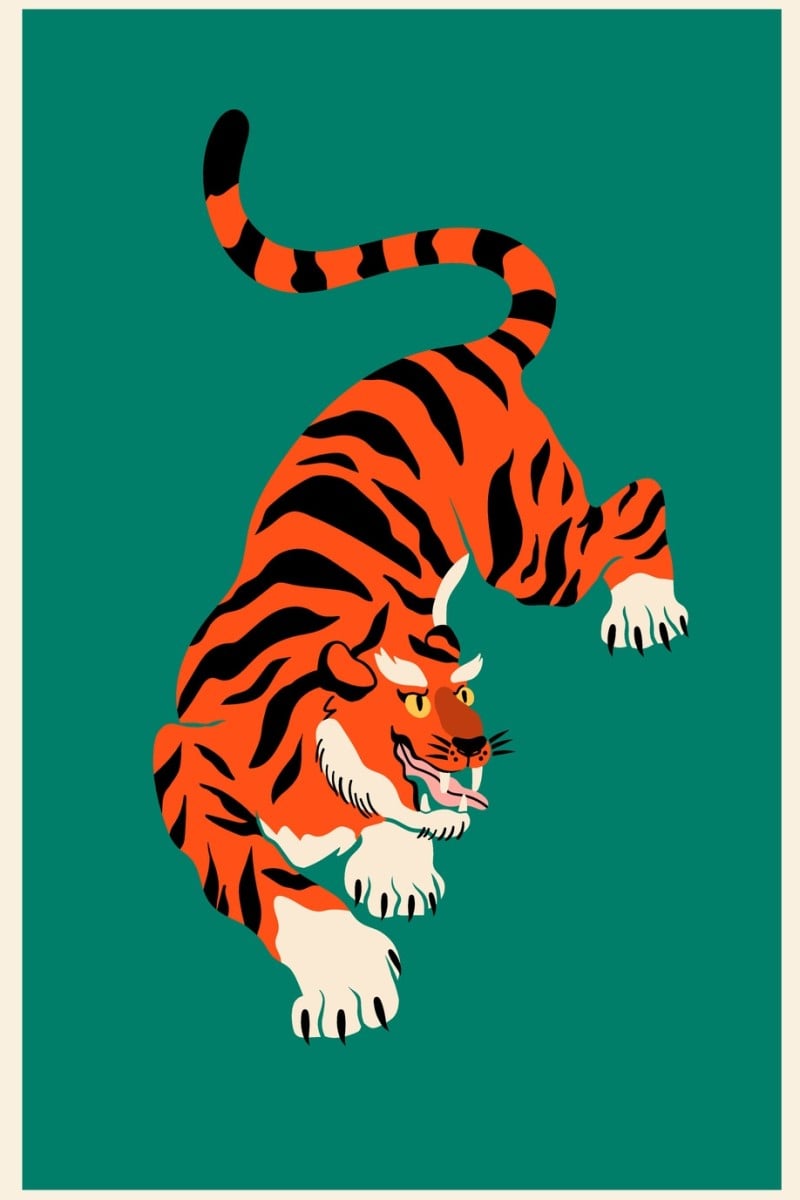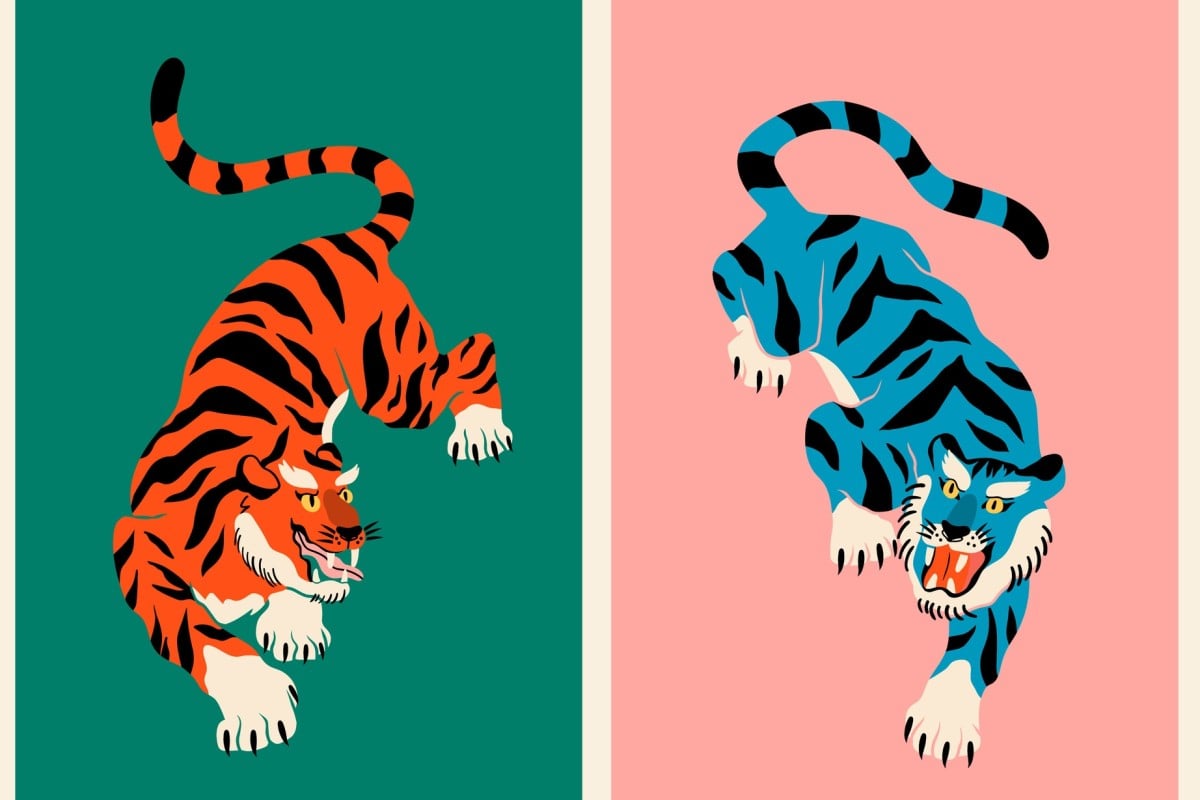
Celebrate Lunar New Year with these English idioms and phrases all about tigers
- Don’t be a paper tiger – show off your awesome English skills with these fun idioms
- Which countries would you say have tiger economies?
 Honour this cool cat with these English idioms about tigers. Photo: Shutterstock
Honour this cool cat with these English idioms about tigers. Photo: ShutterstockHe who rides a tiger is afraid to dismount
Meaning: A Chinese proverb meaning that sometimes, it is worse to stop doing a dangerous thing than to continue doing it.
Example: If I don’t take out a new loan, I won’t be able to make the payments on the loans I already have. You know how it is – he who rides a tiger is afraid to dismount.
The lady or the tiger
Meaning: A pure gamble with highly divergent outcomes. The phrase originated from the short story The Lady or the Tiger? by Frank R. Stockton, in which a condemned man is offered two doors: one of which leads to a beautiful woman, and the other which opens to a ferocious tiger.
Example: The film has a lady-or-the-tiger ending, and the audience never knows if the protagonist is killed or lives happily ever after.
Famous people born in the Year of the Tiger, from Michelle Yeoh to Shawn Mendes
To have the tiger by the tail
Meaning: To have embarked on a course of action which proves unexpectedly difficult but which cannot easily or safely be abandoned.
Example: These investments are way too risky, but we already have the tiger by the tail – if we try to bail out now, it could be disastrous.
Paper tiger
Meaning: A person or thing that appears threatening but is ineffectual.
Example: The new laws are just paper tigers, without any method of enforcement.
Eye of the tiger
Meaning: This phrase refers to a tiger’s sharp focus. It represents staying alert and observant, being resourceful, and always being prepared for anything that comes your way.
Example: They’ve got the heart of a lion and the eye of the tiger at today’s match.
Tiger economy
Meaning: The economy of a country or territory which undergoes rapid economic growth, usually accompanied by an increase in the standard of living. The term was originally used for the Four Asian Tigers - South Korea, Taiwan, Hong Kong, and Singapore - which all underwent rapid industrialisation between the 1960s and 1990s and become high-income places. The phrase was used because tigers are important Asian symbols.
Example: As education levels improved, many Southeast Asian countries became tiger economies.
